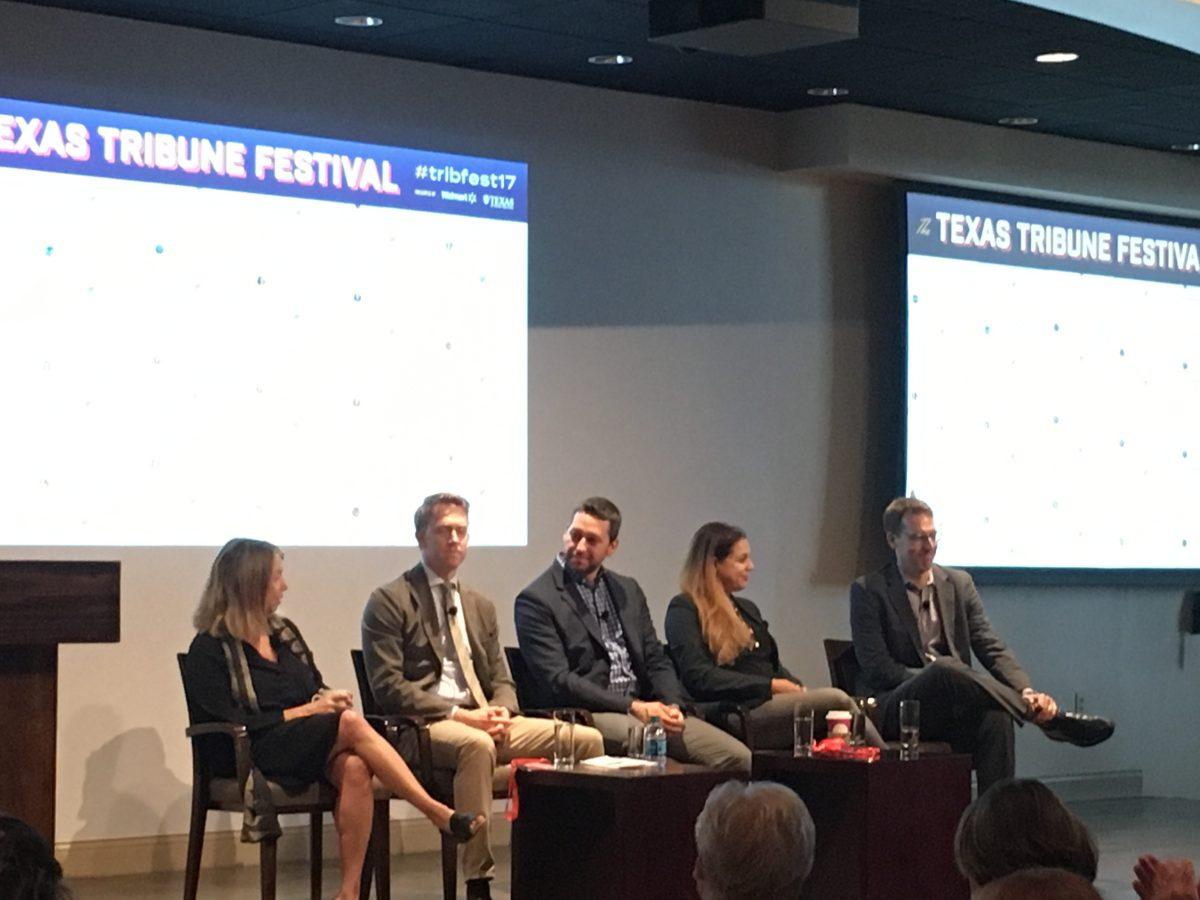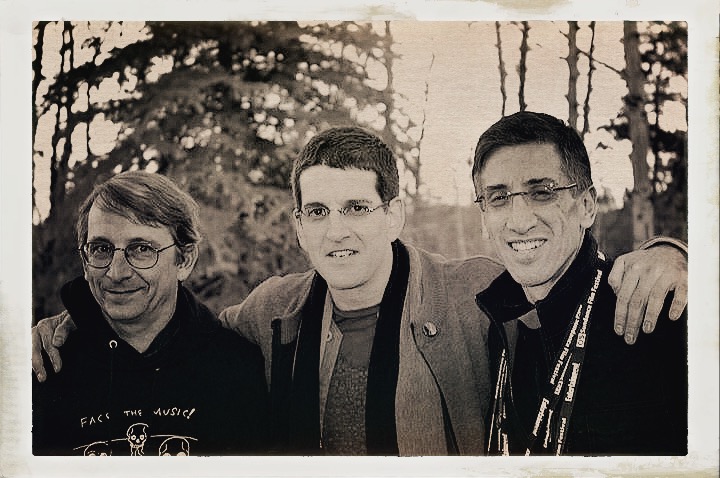Journalists meet to reflect on election coverage, investigating the president and the issues investigative journalists currently face.
The Texas Tribune festival held a series of Trump: Year One panels discussing politics, media and the presidency as they coincide. The panel, Accountability Journalism Now, brought big names in reporting together to talk transparency in reference to covering Donald Trump’s presidency and to reflect on election coverage.
Washington Post reporter and Pulitzer prize winner David Fahrenthold made is second debut of the day along side New York Times reporter Amy Chozick, Bloombery Business Week correspondent Joshua Green and white house reporter for the Wall Street Journal, Eli Stokols. The team talked methods of reporting on President Donald Trump, utilizing social media to offer transparency and maintaining credibility under opposition from government leaders.
Moderating the panel was Jill Abramson, former executive editor of The New York Times. Abramson began the talk by questioning each reporter on the current state of investigative journalism.
“I wonder how each of you think investigative work and accountability journalism is doing in terms of our key constitutional duty, which is to hold power accountable?” Abramson said.
Green answered by comparing election coverage for Trump with presidency coverage. Green said the free press in the United States is doing a good job of informing readers accurately on current White House issues, despite running into struggle during election season.
“I do think that an argument can be made that there was so much coverage for emails that it began to seem to an ordinary reader that (Hillary Clinton’s) set of issues was somehow a bigger set of issues and that was not accurate at the time,” Green said.
Green argued that investigative journalism was and is accurate, however the spread of information can be unbalanced due to a number of factors such as television news, perception and viewer assumptions.
The panel continued with the theme that investigative reporting is accurate, reliable and strong. However, with the rise of digital innovations, this type of reporting can be seen differently.
One was Fahrenthold likes to report is via Twitter. Fahrenthold uses Twitter to find sources, post updates on stories and prove himself accountable by tweeting proof to his readers. Now, Fahrenthold and the panelists look forward to reporting on current investigations related to the presidency.
“There are people who think this is nothing, that these investigations are a witch hunt,” Chozick said. “Then are are people who think Trump is going to get impeached. I think both sides have looked at these stories through their own political lenses and that’s a danger we all as consumers have.”
The panel said consumer bias is one of their biggest concerns going forward in reporting on and holding government officials accountable. The panel argues reporting can be done accurately, but spread inaccurately and argued unfairly, a struggle they say reporters face in addition to Trump’s adversary stance on journalism.
“I think that’s a frustration for investigative journalists who spend so much time trying to get the real facts, dig them out, fact check,” Abramson said. “You wonder about the impact of your work now.”
Categories:
Texas Tribune Festival expresses need for accountability journalism
September 27, 2017
0
Donate to The University Star
Your donation will support the student journalists of Texas State University. Your contribution will allow us to purchase equipment and cover our annual website hosting costs.
More to Discover









